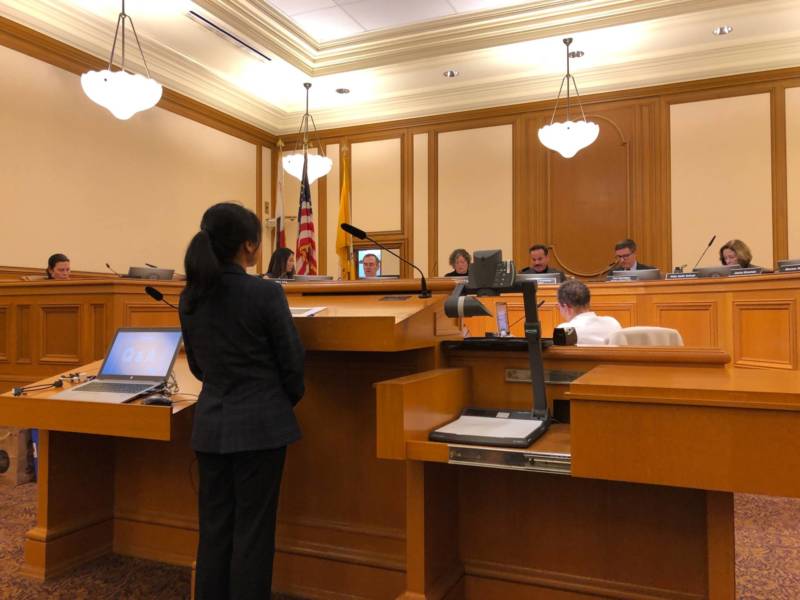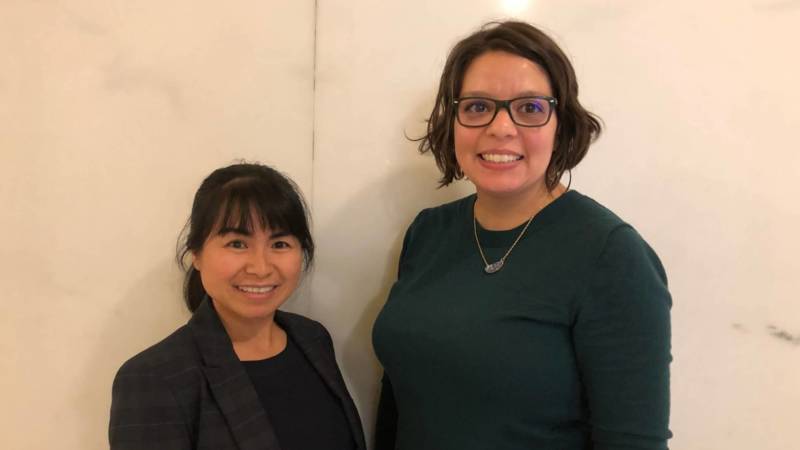Following a unanimous vote by its board Monday afternoon, the San Francisco Arts Commission (SFAC) has become the first city department to officially adopt a racial equity statement and plan.
The statement and plan set guidelines for preventing workplace discrimination and inequity, such as earmarking resources for racial equity and collecting and analyzing demographic data to improve the racial equity impact of SFAC programs.
The statement, which is intended to appear on the SFAC’s website right alongside its mission, opens with these words:
The San Francisco Arts Commission is committed to creating a city where all artists and cultural workers have the freedom, resources and platform to share their stories, art and culture and where race does not predetermine one’s success in life. We also acknowledge that we occupy traditional and unceded Ohlone land. Fueled by these beliefs, we commit to addressing the systemic inequities within our agency, the City and County of San Francisco and the broader arts and culture sector. This work requires that we focus on race as we confront inequities of the past, reveal inequities of the present and develop effective strategies to move all of us towards an equitable future.
The SFAC’s statement and plan are part of a city-wide effort aimed at addressing systemic and institutional racism throughout local government. Around 30 city departments, including public health, parks and recreation, and the district attorney’s office, are expected to vote in similar policies in the coming months.

“It’s just a fact that racism is baked into our city government, the way it’s baked into state government and federal government,” said Ariana Flores, a policy analyst at the San Francisco Human Rights Commission, speaking with KQED at San Francisco City Hall after the vote. “If you look at history, the way that policies have been drafted and carried out have resulted in extreme disparities. And those disparities play out worst for people of color in every area. If you look at health, education, and even art, it tends to be people of color that don’t have those kinds of opportunities. So it’s a really important step that the arts commission is being a leader in the city—to take a hard and honest look at their work, work to undo some of those disparities, and be proactive about finding ways to be equitable racially.”


